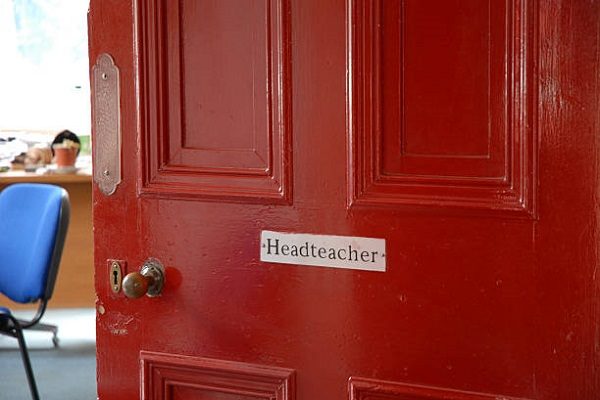 Parents’ evenings – not to be confused with daytime TV game shows, speed-dating or the Spanish Inquisition - are a rare chance to sit face-to-face with your child’s teachers.
Parents’ evenings – not to be confused with daytime TV game shows, speed-dating or the Spanish Inquisition - are a rare chance to sit face-to-face with your child’s teachers.
Why do parents’ evenings matter?
During the allotted time (usually 10 minutes tops), you get to glean as much information about your child’s progress in each subject as is humanly possible. Umms, errs and ‘I didn’t even know he was taking geography GCSE’ are a waste of valuable seconds, so to make sure parents’ evenings are as useful as they’re meant to be, take some time to work out your strategy.
Check your child’s work
Have a good look through your child’s books and note whether tasks are being completed and marked, comments are being acted on and progress made. What are the most recent marks or grades and how do they compare with those in the past? Also remind yourself of the contents of your son or daughter’s most recent school report. Chat to your child – without pressure – to find out how they feel lessons are going in each subject and ask if there are any worries they would like you to discuss.
Who’s invited?
In secondary (and some primary) schools it’s now common practice to invite the student along to parents’ evenings. But this isn’t the case in all schools, so it’s important to check beforehand. If your child is on the guest list, then it’s up to your family whether you take them along, but there can be great value in involving a secondary school student in discussions about their education – promoting a sense of ownership and emphasising the young person’s role in working with teachers and parents towards success.
Nasty surprises
Parents’ evenings are strictly an update on progress, not an opportunity for either parents or teachers to drop a bombshell. If you become aware of an issue, don’t wait for parents’ evening to roll around - contact the school as soon as possible and make an appointment with the relevant staff to discuss it specifically. By the same token, the school should let you know of any problems and work with you to deal with them as they arise.
Questions to ask at parents' evenings
Jot down a list of questions and/or observations (not too many, though) on each subject in advance so you’re your appointments are focused and make the most of the limited time.
Some useful questions might be:
- Is my child’s progress in line with the teacher’s expectations?
- Has he or she done anything particularly well, or badly?
- What can he or she do to improve?
- How can I help as a parent?
- How can you help as his or her teacher?
- How much time should my child’s homework for this subject take?
- What do his or her grades tell us about possible performance in important future exams?
- Does he or she contribute in lessons?
- How does my child get along with the other pupils in the class and the teachers?
Make a note on the night of the teachers’ answers - after a couple of hours whisking from one subject to another, it can be easy to forget or muddle the comments.
...And more questions
Most teachers have a wealth of knowledge and experience, so ask for their guidance and suggestions on how you can help your child to do their best in the subject. If a teacher says something you don’t understand, ask for clarification. Parents are not expected to know all about a subject or a method of teaching.
Constructive criticism
Good teaching means identifying areas for improvement, so don’t be offended if you hear criticism of your child. This should always be constructive and designed to help them to achieve their potential in the subject. If your child is with you, try not to sound disappointed or negative – or tell your child off! Take the advice of the teacher as a positive step towards better marks in the future. Remember that it’s rarely helpful to compare your child’s performance to other members of the class, set or year group - what’s important is that they are achieving in line with their own capabilities, not those of others.
Follow-up
After the parents’ evening, keep in mind any action or targets you have agreed with teachers and check to see that the expected progress is being made in the timeframe. If not, then add the question to your list for the next parents’ evening – unless you feel your child is seriously slipping behind, in which case don’t wait, but ask to speak to the teacher again as soon as you can.
Also remember to mention to a teacher that your child particularly enjoys the subject (only if it’s the truth of course) – it will probably make that teacher’s evening!
Do you want help from The Good Schools Guide Education Consultants?
Our expert education consultants can provide your family with one-to-one help on all of the issues raised in this article and many more. We regularly help parents understand the particulars of UK schools and assist them in mapping out potential educational pathways for their children.
If you would like to find out more about our services, visit the Education Consultants homepage or to speak directly with one of the team email consultants@goodschoolsguide.co.uk or call 0203 286 6824
